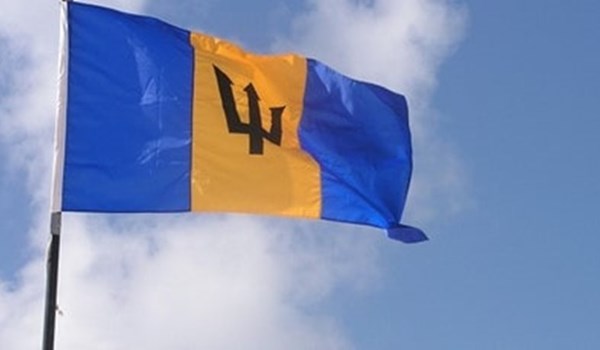Jurisdictions
Regions
Industry Sectors
06/02/23
BARBADOS: OECD removes country from “negative’ list; minister acknowledges more ‘heavy-lifting’ still ahead.

As published on barbadostoday.bb, Saturday 4 February, 2023.
Barbados has been taken off the dreaded ‘grey list’ of the Organisation for Economic Cooperation and Development (OECD), but Minister of Energy and Business Development Kerrie Symmonds says the country still has much work to do to remain compliant.
In its 2023 Harmful Tax Practices Peer-Review Results on Preferential Tax Regimes released in January, the OECD listed Barbados as a “not harmful” jurisdiction. This new status is based on the fact that “economic substance requirements were introduced taking effect from 1 January 2019” and that Barbados’ domestic legal framework meets all aspects of the [OECD] standard.
The ‘grey list’ stigmatises those states, which according to the OECD, had committed themselves to respecting the organisation’s framework convention on banking and tax transparency, but which had not substantially applied the criteria.
However, the international oversight and financial supervisory body has given this country until the next annual monitoring exercise that starts in the second half of this year, to get its house in order with regard to one outstanding area.
It recommends that Bridgetown substantially improves its exchange of information.
After the next annual monitoring, the Forum on Harmful Tax Practices (FHTP) will consider whether the overall compliance of jurisdictions is still satisfactory, particularly for those for which recommendations for substantial improvement were made.
In responding to the news, the Foreign Affairs and Foreign Trade minister declared that Barbados will not be “negatively listed”.
“I am only prepared to say that Barbados has to continue to be eternally vigilant and dedicated in its efforts to ensure that we maintain all of the criteria set by international oversight and financial supervisory bodies,” Symmonds told Barbados TODAY on Friday.
He contended that the island cannot now afford to ease off the work it has been doing to reach this stage.
“It requires heavy lifting, exceptionally long hours of work and dedication. I want to thank the staff of the International Business Unit and those in the Barbados Revenue Authority and also line Minister [Lisa] Cummins, all of whom have given their all over the course of the last few months in order to ensure that this vital sector was able to pass the oversight and supervisory assessments,” Symmonds asserted.
“We will now continue to engage with, and train our service providers and their agents so as to ensure that we continue to reflect the highest quality of service transparency and excellence in this vital sector,” he added.
President of the Barbados Bankers Association (BBA) Anthony Clerk this evening expressed delight at the news that this country had been removed from the ‘grey list.’
“That is excellent news, that is a step in the right direction. We just have to hope that we can maintain it there because the PM [prime minister] often says they [OECD] seem to be moving the goal post in the middle of the game,” Clerk said.
“That’s the kind of news our correspondent banks like to hear. That’s very good,” the banking sector spokesman declared.
The OECD report revealed that the new outcomes for Barbados and various other regimes are the result of an annual monitoring that took place in 2022 and that reflects activities of the year before.
It also pointed out that the areas in need of substantial improvements by the next annual monitoring are those with which the jurisdiction had significant issues with respect to the effectiveness in practice. The areas for focused monitoring are those for which minor aspects for further improvement have been identified.
Barbados was among 12 states reviewed under ‘substantial activities for no, or only nominal tax jurisdictions,’ while Jamaica and eight other non-Caribbean countries were assessed as ‘new regimes’.
At its April 2022 meeting, the FHTP agreed to new conclusions on 12 regimes as part of the implementation of the BEPS [Base Erosion and Profit Shifting] Action 5 minimum standard on harmful tax practices.
BEPS refers to tax planning strategies by multinational enterprises that exploit gaps and mismatches in tax rules to avoid paying taxes.
As part of the standard on substantial activities requirements in no, or only nominal tax jurisdictions, the FHTP undertakes an annual monitoring exercise to assess whether the standard operates effectively in practice.
It started this exercise in 2021 and revealed the results of the first monitoring year. Recommendations for substantial improvement were made for four jurisdictions – Anguilla, the Bahamas, Barbados and the Turks and Caicos Islands. Areas for focused monitoring were identified for another four jurisdictions – Bahrain, Bermuda, the British Virgin Islands and the Cayman Islands. No issues were identified for Guernsey, Jersey, the Isle of Man and the United Arab Emirates.



